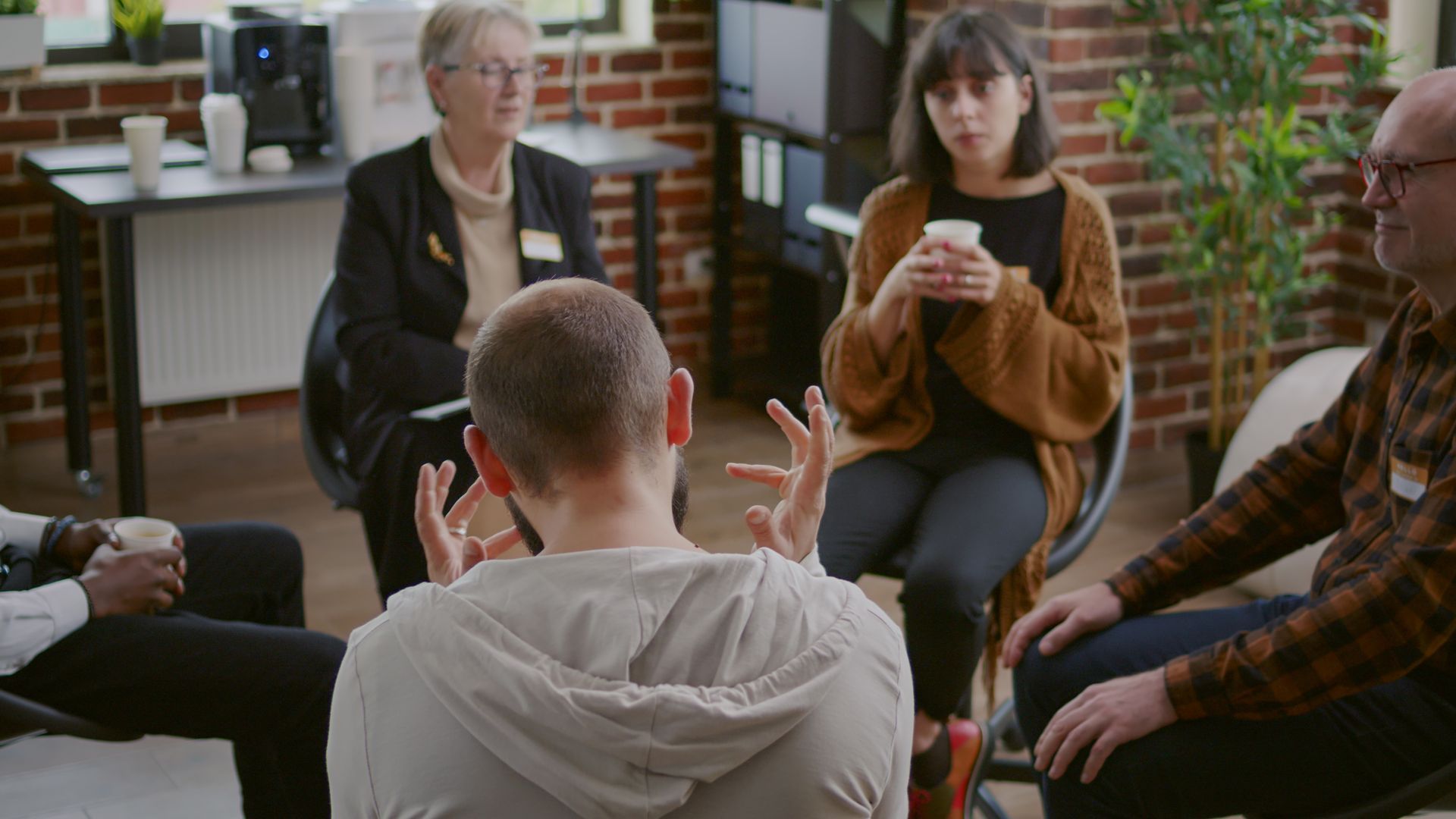Understanding the Differences Between ADHD & Autism Spectrum Disorder
As assessments and treatments become more accessible, you’re likely to hear more about Attention Deficit and Hyperactivity Disorder (ADHD) and autism spectrum disorder (ASD) than in the past. Understanding the differences between the disorders is essential to providing the most effective treatment for individuals.
Our clinicians at Mind Matters have a thorough understanding of ADHD and autism and can help your child overcome the associated obstacles.

What Are the Differences Between ADHD and Austism?
Breaking down the difference between ADHD and autism can feel complex because, while they’re distinct behavioral disorders, they also share many traits.
The primary differences between the two are apparent in executive functioning, social skills, and sensory processing.
Executive functions
Executive functions are brain processes that control imperatives such as:
- Planning.
- Organizing.
- Initiating tasks.
- Working memory.
Often, children with ADHD have difficulties with sustained attention and the ability to hold information or instructions in their minds while doing a task.
Autism tends to cause a lack of cognitive flexibility, which makes it hard to switch between tasks, and an inability to break large projects down into more manageable steps.
Social skILLS
Mastering social skills can be complex for all kids and even adults, but an ADHD or autism diagnosis presents particular challenges. Those with ADHD may have trouble focusing on conversations and want to talk over others instead of participating when appropriate.
Autism can cause individuals to have difficulty making eye contact and understanding conversational concepts like sarcasm and irony. ASD can also make it challenging for adults and children to initiate and maintain talking with peers and put their thoughts and feelings into words.
sENSORY PROCESSING
The human brain must process all the information it receives from the senses. Those on the autism spectrum often react intensely to sound, touch, taste, and visual stimuli. For example, when experiencing sensory overload, a child with autism may regulate themselves with stimming behaviors, like rocking or hand flapping.
Alternatively, a kid with ADHD usually seeks sensory input through fidgeting or other movements and has difficulty filtering critical sensory information, such as a teacher talking, from mundane events, like others walking in the hallway.
3 Types of ADHD
Mental health and neurological disorders are rarely black and white, which is also true for ADHD. There’s no single way to diagnose ADHD, so clinicians use a combination of evaluations, observation, and conversations with parents, caregivers, and teachers to help diagnose.
An ADHD diagnosis must also meet criteria listed in the most up-to-date edition of the DSM or Diagnostic and Statistical Manual of Mental Disorders, including severity of symptoms, an onset at 12 or younger, and significant impairment in the child’s life. Let’s explore the three common types of ADHD:
Inattentive ADHD
The symptoms of inattentive ADHD can include:
- Experiencing difficulty paying attention and keeping focus.
- Being forgetful.
- Having challenges with organization.
Inattentive ADHD can be challenging to spot because the outward symptoms can be subtle.
Hyperactive/impulsive ADHD
This type of ADHD displays the classic, stereotypical symptoms of the disorder, including:
- Interrupting others.
- Having difficulty staying in a seat or waiting in line.
- Feeling like you always need to be moving.
Children with hyperactive/impulsive ADHD frequently receive discipline for misbehavior despite an inability to control these actions.
Combined ADHD
Combined ADHD is the most common of the three types and is a mix of symptoms from inattentive and hyperactive/impulsive ADHD.
Kids with combined ADHD may frequently daydream or “zone out,” be restless, and display impulsivity.
The Strengths of ADHD and Austism
An ADHD or autism diagnosis isn’t the terrible outcome many believe it can be. Individuals with ADHD and/or autism have strengths in areas that most others don’t.
These characteristics vary between individuals, but in general, you can expect traits such as:
ADHD Strengths
A few strengths of ADHD include:
- Hyper-focusing.
- Creativity.
- Rapid information processing.
- Passion.
- Resilience.
Austism Strengths
Some autism strengths are as follows:
- Exceptional memorization skills.
- Attention to detail and pattern recognition.
- Honest with a strong sense of right and wrong.
- Direct communication style.
The Importance of Individualized Treatment Plans
Therapeutic interventions are almost always more successful if they’re individualized. A personalized treatment plan will identify and address your child's unique needs and maximize their strengths. One-on-one behavioral therapy generally leads to more positive outcomes.
Find Children's Behavioral Therapy in Columbus, OH
Are you seeking a confident, compassionate approach to therapy for your child with ADHD or autism? Mind Matters has children’s medication management services coming soon, including stimulants for those with ADHD. Call (614) 545-9773 or schedule an appointment online. Our clinicians emphasize accessibility, empathy, building confidence, and using modern-day solutions for all treatments.
Mind Matters is located near Columbus, Ohio. We provide therapy services in Columbus, Dublin, Hilliard, Powell, Worthington, Galloway, Grove City, Bexley, Grandview Heights, Clintonville, Upper Arlington, and Franklinton, Ohio.



